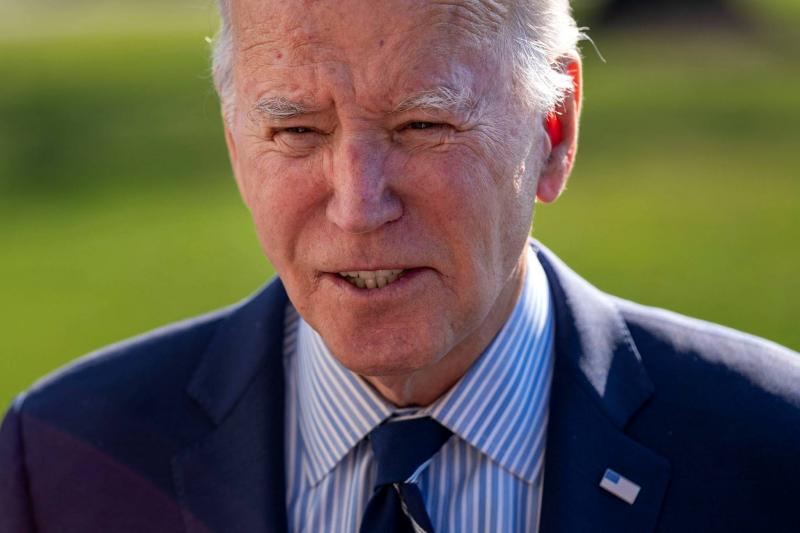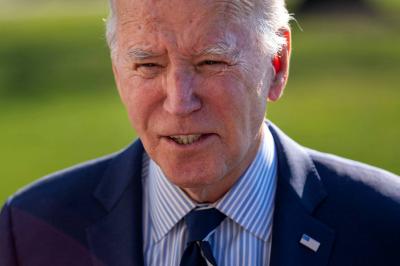U.S. President Joe Biden has spent months aiming for a "truce" during the ongoing conflict between Israel and the Islamic resistance movement (Hamas) in Gaza. However, with Israel preparing for a ground invasion of Rafah, his tone has shifted to emphasize the need for a "temporary ceasefire." This may seem like a slight verbal difference, but it brings Biden closer to many around the world and critics within his Democratic Party who are advocating for a permanent ceasefire in a war that has claimed the lives of approximately 30,000 Palestinians.
The United States has vetoed three proposals in the UN Security Council regarding the war between Israel and Hamas, and it declined the last two times to support language that called for an immediate ceasefire for humanitarian reasons. However, Washington is currently proposing a draft resolution that includes the phrase "ceasefire." U.S. Ambassador to the United Nations Linda Thomas-Greenfield denied any deliberate change in tone, saying, "This reflects what we have been doing all along."
Until the presentation of the draft proposal, Washington avoided using the term ceasefire in relation to any UN action on the war in Gaza. The new American text reflects the tone Biden has publicly used this month regarding the situation. White House officials believe that if fighting can be halted for a prolonged period, a longer ceasefire may be achieved. However, any planned Israeli attack on Rafah, the southern Gaza city that has become a refuge for over a million Palestinians, could complicate efforts to reach a cessation of hostilities.
U.S. officials insist that Biden is not calling for a permanent ceasefire, reflecting his belief that Israel has the right to defend itself after 1,200 people were killed in southern Israel. Aaron David Miller, a senior fellow at the Carnegie Endowment for International Peace and a Middle East expert, stated that the change in Biden's rhetoric does not reflect a significant shift, but rather indicates the administration's concern regarding a potential attack on Rafah.
American Arabs have voiced strong criticism of Biden, many of whom attended campaign events in large numbers to protest his support for Israel and to call for a ceasefire. Arab Americans in Michigan have vowed not to support him in the upcoming presidential election in November, which could threaten his chances of winning in that state.
White House Press Secretary Karine Jean-Pierre told reporters aboard Air Force One while Biden was heading to California that the president used the phrase "ceasefire" in November. She seemed to refer to a fundraising event on November 1st when someone shouted for a ceasefire. Biden responded that "I think we need a truce. A truce means giving time to release the hostages." He added, "I'm the guy who convinced Bibi (Netanyahu) to call for a ceasefire to release the hostages." The White House later clarified that Biden was referring to the hostages held by Hamas, not prisoners. Jean-Pierre stated yesterday, "Clearly, there is no change in U.S. policy. We remain firm in our stance."




